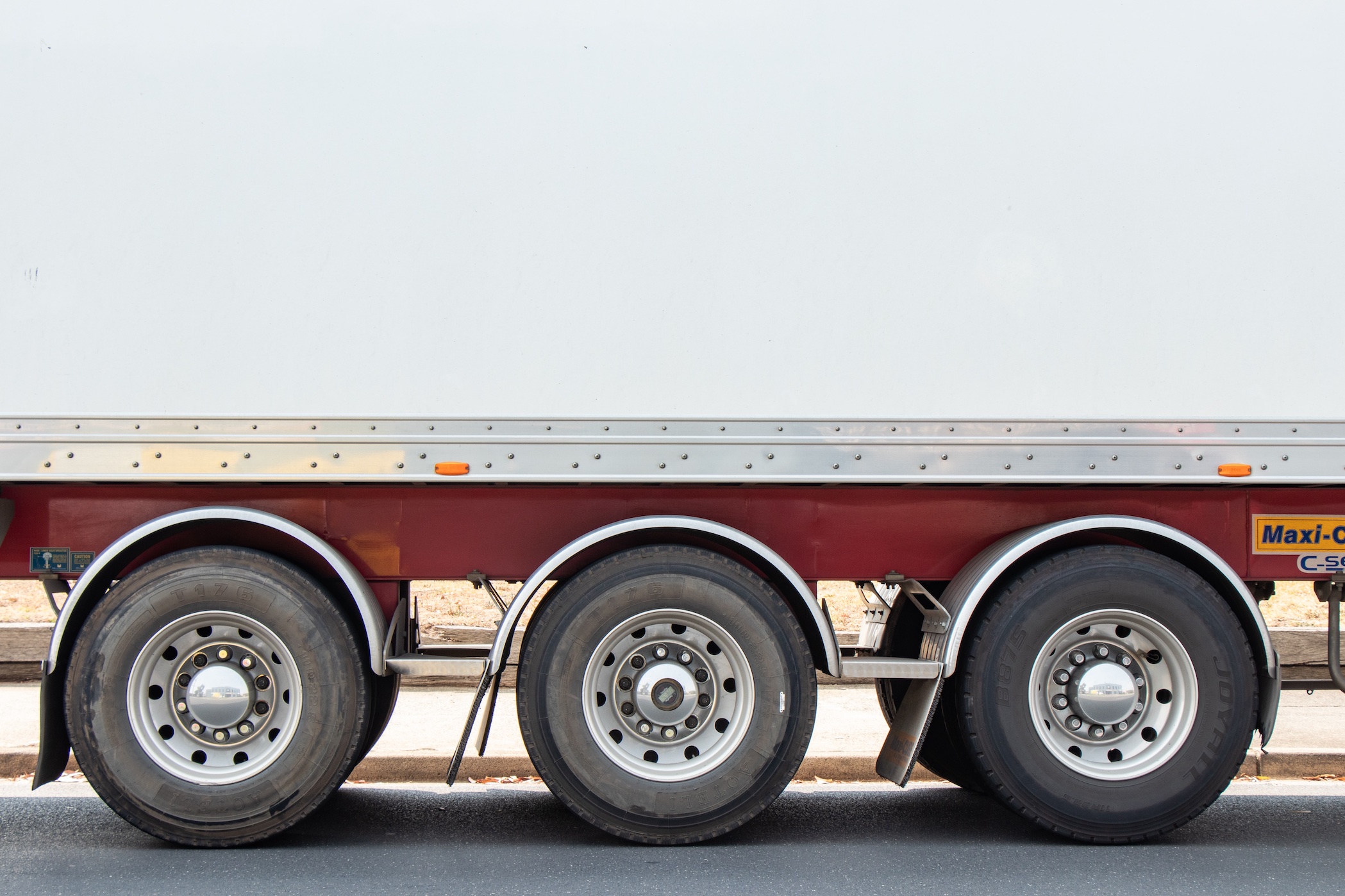The trucking company is responsible for vehicle maintenance. If there was a problem with the brakes or with the tires that led to the crash, you may be able to file a claim against their insurance.
San Francisco, CA – California ranks second, after Texas, for the most truck accidents in the US. Local drivers need to be aware of the dangers the continuous coming and going of large trucks pose. As you’d expect, truck accidents are most common on the highways leading into major cities, such as San Francisco. If you were recently involved in this type of crash, don’t imagine recovering damages will be as easy as getting a few hundred dollars to fix the scratches after a minor parking lot accident. Truck accidents require a thorough investigation and you will need some experienced San Francisco truck accident lawyers to help you determine the cause of the crash. You need to discover all the liable parties that can be held accountable if you were seriously injured and have considerable damages to claim.
Here’s a look at the most common causes of truck accidents in California and who may be liable for damages in each case.
Speeding
According to a recent report by the US Department of Transportation, speed was a factor in 18.6% of all truck accidents recorded in 2017. The truckers were going at 70-75 mph. This is a big problem as, due to their size, trucks need more time to stop than regular cars. Since it is the trucker’s fault, you’ll have to file a claim against his insurance.
Drowsy driving
Also known as driver fatigue, this is a major concern with truckers. According to regulations, truckers must comply with the federal Hours of Service and take a 10-hour break after 11 hours on the road. Your California truck accident lawyers will check out the data on the vehicle’s Electronic Logging Device to verify HoS compliance. If it was the employer that encouraged the trucker to keep driving and finish the trip as soon as possible, the trucking company can be held accountable for damages.
Drunk driving
Under federal regulations, truck drivers are not allowed to have any alcohol in their system while they work. According to the FMCSA report, 3.6% of the truckers involved in fatal accidents had a blood alcohol concentration (BAC) of at least 0.01 percent, and another 2.5% had a BAC above 0.08%, the drunk driving limit in most states. If your accident was caused by a drunk trucker, it might be advisable to sue and ask for punitive damages as well. In California, there is no cap on punitive damages.
Distracted driving
Truckers are not allowed to use electronic devices while driving, but it might be difficult to establish that the driver was distracted looking at memes or videos.
Mechanical failure

The trucking company is responsible for vehicle maintenance. If there was a problem with the brakes or with the tires that led to the crash, you may be able to file a claim against their insurance.
Improper loading
An overloaded truck is more difficult to control. If it appears that the trucker lost control of the vehicle, it might be that he’s not a bad driver, but maybe there was a shift in the cargo. Your lawyers will want to call technical experts to examine the truck. The shipping company or the cargo’s owner can be held accountable for damages,
Defective part
If the experts discover that the truck had a defective part and this played a role in the accident, the manufacturer will be liable for damages.
If you were recently involved in an accident or have other legal issues and you’re wondering where can I find attorneys near me, don’t worry, help is just a few clicks away. Just follow the link and select your state and city, choose your lawyer, and schedule a free consultation. They’ll take care of your problem in no time.


Join the conversation!